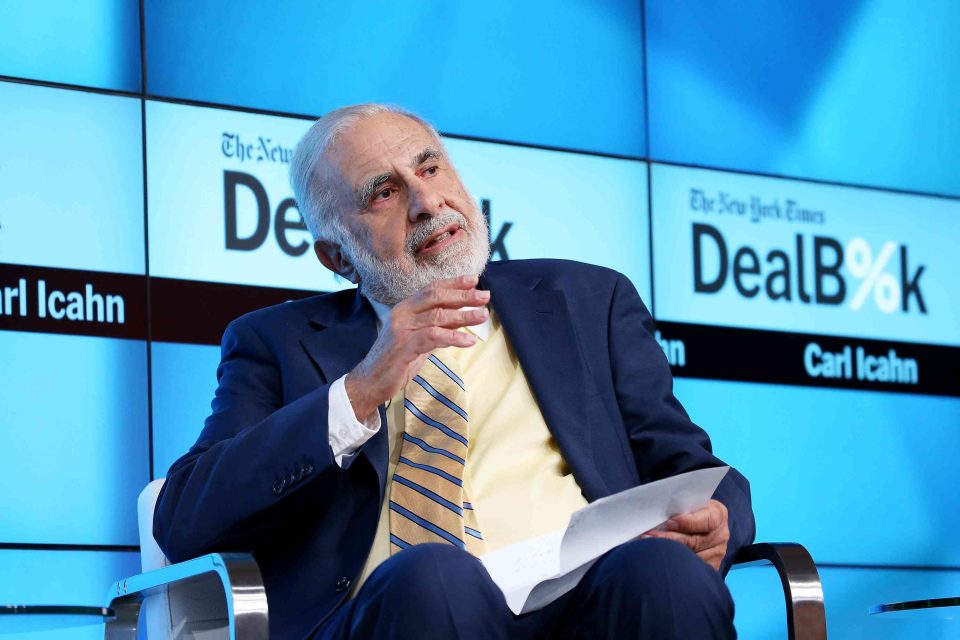Carl Icahn, the prominent activist investor, publicly acknowledged his mistake in making a massive bet on a market crash, which cost his group nearly $9 billion over six years.
In 2017 alone, Icahn lost approximately $1.8 billion on hedging positions that would have paid off if asset prices had declined. Subsequently, between 2018 and the first quarter of this year, he incurred further losses of $7 billion.
In an interview, Icahn admitted to deviating from his advice, stating that he had always believed that no one could accurately predict the market in the short or intermediate term. He reflected on his aggressive bearish bets made by Icahn Enterprises, his listed vehicle, following the 2008 financial crisis. These bets involved shorting broad market indices, individual companies, commercial mortgages, and debt securities. At times, Icahn’s notional exposure exceeded $15 billion.
However, the Federal Reserve’s extensive stimulus measures and the injection of trillions of dollars to combat the effects of the COVID-19 pandemic led to a rebound in markets, causing Icahn Enterprises to report $4.3 billion in short losses in 2020 and 2021.
The bearish bets made by Icahn have been the primary reason for his investment portfolio’s consistent losses since 2014, amounting to $9 billion. This, in turn, has placed Icahn in a vulnerable position and jeopardised his reputation as one of Wall Street’s most feared activist investors.
To offset the losses, Icahn injected nearly $4 billion of his own money into Icahn Enterprises, thereby helping to stabilize the firm’s internally calculated investment portfolio value. However, he also took on additional risk by securing a margin loan against 60% of his stake in the company, which Hindenburg Research drew attention to in a recent short report. A margin call triggered by a declining stock price could potentially force Icahn to liquidate part of his stake.
Icahn Enterprises has faced scrutiny from federal prosecutors in New York, who have requested information related to the company’s business operations, corporate governance, valuations, and due diligence.
The company’s dividend policy, where Icahn receives stock instead of cash, has caused the number of outstanding shares to double over the past six years, leading to a decline in net asset value per share from $33 to approximately $16. Retail investors who opted for cash dividends would have received over $40 per share during this period.
As pressure mounts on Icahn, he has been forced to reduce his short positions just as concerns of a regional banking crisis and the debt ceiling standoff loom. While he still maintains a hedge, it is not as extensive as before. The market’s unpredictability serves as a reminder of the adage “Don’t fight the Fed,” emphasising the challenges even seasoned investors like Icahn’s face.
 Live
Live

